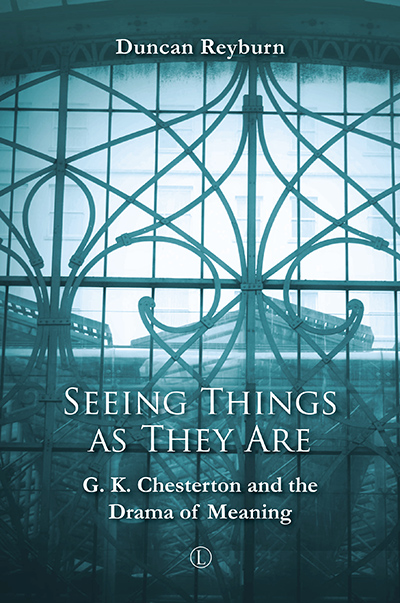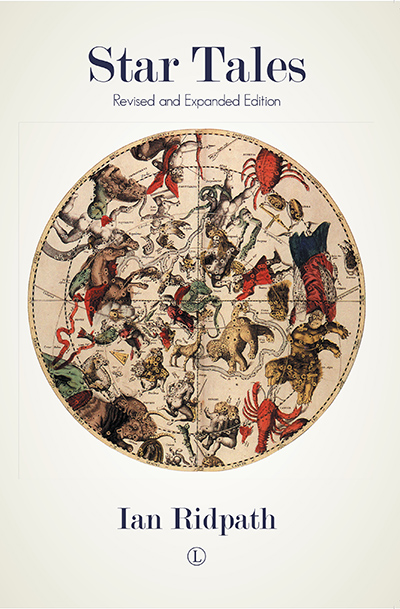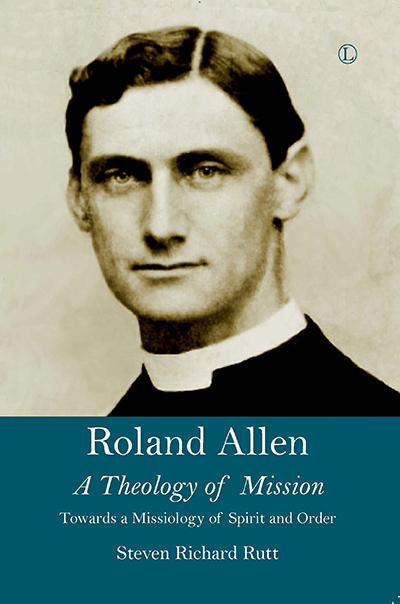Description
The jovial journalist, philosopher, and theologian G.K. Chesterton felt that the world was almost always in permanent danger of being misjudged or even overlooked, and so the pursuit of understanding, insight, and awareness was his perpetual preoccupation. Being sensitive to the boundaries and possibilities of perception, he believed that it really was possible, albeit in a limited way, to see things as they are. Seeing Things as They Are, which marries Chesterton’s unique perspective with the discipline of philosophical hermeneutics, aims to outline what Chesterton can teach us about reading, interpreting, and participating in the drama of meaning as it unfolds before us in words and in the world. Chesterton’s unique interpretive approach seems to be the implicit fascination of all Chesterton scholarship to date, and yet this book is the first to comprehensively focus on the issue. By taking Chesterton back to his philosophical roots – via his marginalia, his approach to literary criticism, his Platonist-Thomist metaphysics, and his Catholic theology – Reyburn explicitly and compellingly tackles the philosophical assumptions and goals that underpin his unique posture towards reality.
About the Author
Duncan Reyburn is a Senior Lecturer at the Department of Visual Arts at the University of Pretoria, South Africa.
Contents
Preface and Acknowledgements
1. Introduction
2. The Context of Chesterton’s Hermeneutic
3. The Foundation of Chesterton’s Hermeneutic
4. The Task of Chesterton’s Hermeneutic
5. The Tools of Chesterton’s Hermeneutic
6. The Event of Understanding in Chesterton’s Hermeneutic
7. Conclusion: The Grace of Mediation
Bibliography
Index
Endorsements and Reviews
In this work on Chesterton’s drama of meaning, he shines forth as characteristically holistic, sane, joyous, and alert – at once wary of any easy ‘self-evident access to the way things are and yet hopeful in presenting ways to see the world more clearly. Reyburn’s book, both scholarly and accessible, is more lively than any work about philosophical hermeneutics has the right to be.
Christopher B. Simpson, Professor of Philosophical Theology, Lincoln Christian University
Of the many books on G.K. Chesterton, Duncan Reyburn’s deserves its own special place. For the first time, those wishing to dig deep into the mind of Chesterton, the master of paradox, can follow the hermeneutic path that Reyburn ploughs, in which, page after page, he churns up the surface of Chesterton’s wit that he might get to the heart of the wisdom that lies beneath.
Joseph Pierce, Director of the Centre for Faith and Culture, Aquinas College






